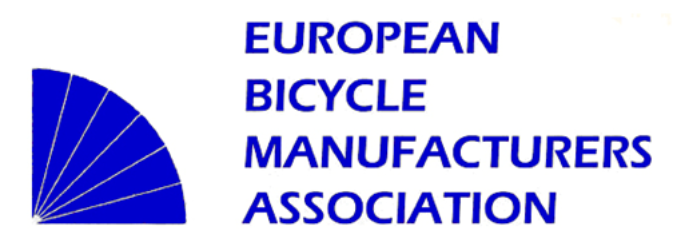The study is divided into two parts.
In Part 1, the report begins with an analysis ofChina’s record of compliance with WTO rules, which is poor. The report then describes China’s continued embrace of a state-led, mercantilist approach to the economy and trade, despite WTO members’ expectations – and China’s own representations – that China would transform its economy and pursue the open, market-oriented policies endorsed by the WTO. The report next identifies the substantial costs borne by WTO members as a result of China’s problematic trade regime. Part 1 concludes with a discussion of the bilateral and multilateral effortspursued by the Administration and other WTO members to address the unique challenges presented by China’s WTO membership. This discussion also highlights the need for new and more effective strategies – including taking actions outside the WTO where necessary – to address the problems presented by China’s non-market economic system.
Part 2 of this report is a detailed analysis of China’s trade regime from a WTO perspective. It identifies and explains numerous policies and practices pursued by China that disadvantage or harm U.S. companies and workers, often severely. Despite persistent efforts by the United States to address these issues, many of them reflect longstanding U.S. concerns, dating back a decade or more. As we catalogued in last year’s report, a consistent pattern exists where the United States has raised a particular concern, China has specifically promised to address that concern – and China’s promise has not been fulfilled.
You can find the full report here.

